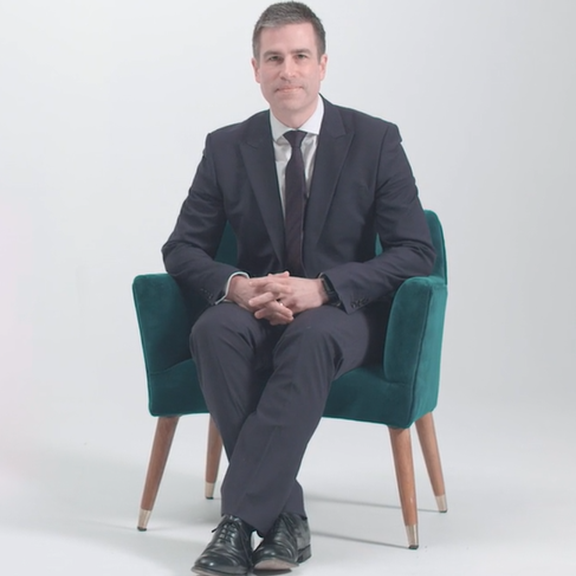Kidney stones
Kidney stones are hard stones found in your kidneys and urinary system that can cause severe pain and other complications.
What are kidney stones?
Kidney stones can range from the size of a grain of sand to a few millimetres or even centimetres. Most are small and can be passed out in the urine without you noticing. However, larger ones can be painful when they pass or they can become stuck and cause complications.
Kidney stones can develop in either kidney and may pass through your urinary tract – your ureter (the tube from your kidney to your bladder), bladder and urethra (the tube from your bladder to outside your body).
Kidney stones commonly affect people aged 30 to 60, with men more likely to develop them at some stage in their life.
Larger stones can be treated with ultrasound or laser treatment, or keyhole surgery if they’re very large.
How to tell if you have kidney stones
If your kidney stones are causing you pain it may be because:
- A kidney stone is stuck in your kidney
- A kidney stone is passing down your ureter
- A kidney stone has caused a urine infection
If this happens it can cause lower back and groin pain with spasms of severe pain on one side of your abdomen or groin.
Other kidney stones symptoms include:
- Blood in your urine
- Feeling unable to sit or lie still
- Frequent urination
- Nausea and vomiting
- Pain when urinating
Talk to your doctor if you’re concerned about symptoms
You can book an appointment with a Spire private GP today.
Diagnosis and tests for kidney stones
Your doctor may be able to diagnose kidney stones from your symptoms and medical history. Further tests include:
- Urine tests to check for infections
- Analysing stones that pass out of your body in your urine
- Blood test to check how well your kidneys are functioning and/or the levels of the chemicals which can cause kidney stones
- Imaging using an X-ray, CT scan or ultrasound can confirm the presence of kidney stones in your kidneys or urinary tract
Causes of kidney stones
Kidney stones are small crystals made from certain chemicals that are dissolved in urine. These chemicals are:
- Calcium
- Ammonia
- Uric acid – a waste product from your metabolism
- Cysteine – an amino acid found in proteins
You’re more likely to develop kidney stones, and suffer from recurrent kidney stones, if you:
- Don’t drink enough fluid – if your urine is more concentrated it can increase the risk of kidney stones forming
- Are overweight
- Have a family history of kidney stones
- Have had a lot of kidney or urinary tract infections
- Have only one fully functional kidney
Certain diseases, having bypass surgery on your digestive system, and certain medications can also make you more likely to develop kidney stones.
Q & A
What are kidney stones? Symptoms, causes and diagnosis
Mr Ben Grey, Consultant Urologist, says that symptoms of kidney stones include blood in urine, infection of the urine and pain. Diagnosis of kidney stones involves a CT scan which can help determine the size and position of the stones which then factors into the treatment options.
Common treatments for kidney stones
Many kidney stones don’t need treatment. You should drink more fluids and take over-the-counter painkillers to help pass small kidney stones.
Kidney stones that have become stuck and cause persistent problems can be treated by:
- Extracorporeal shock wave lithotripsy (ESWL) – ultrasound shock waves break up the kidney stone so it can be passed normally in your urine
- Ureteroscopy – a long, thin instrument called a ureteroscope is inserted through your urethra, bladder and into your ureter to remove the kidney stone or break it up using laser energy
- Percutaneous nephrolithotomy (PCNL) – a small, thin instrument called a nephroscope is inserted into your kidney using keyhole surgery, which can then pull the stone out or break it up using a laser or pressurised air
- Open surgery – although very rarely used, it can be useful to remove a very large stone or if you have an abnormal anatomy
Some kidney stones (stones made of uric acid) can be dissolved more easily than other types, so drinking around three litres of water each day can treat them.
You can help avoid kidney stones by drinking more water to avoid dehydration and making dietary changes. If you’ve had kidney stones, your doctor can advise you about the best diet for you based on the type of kidney stones you had to prevent them from returning.


